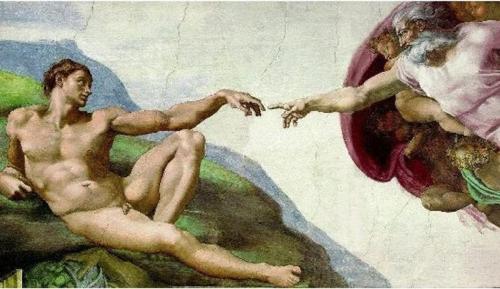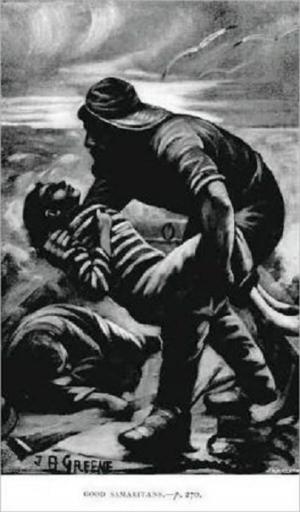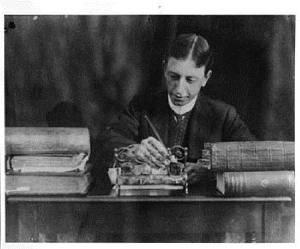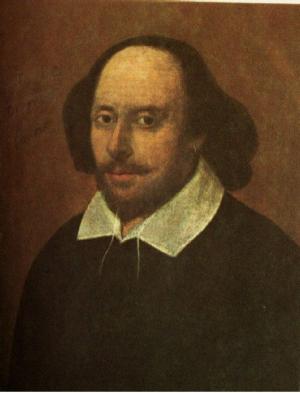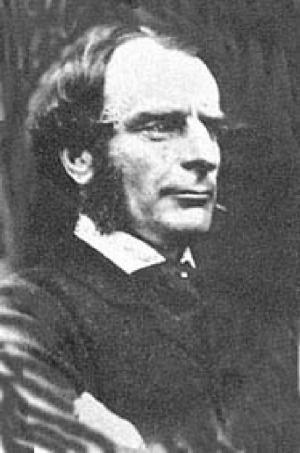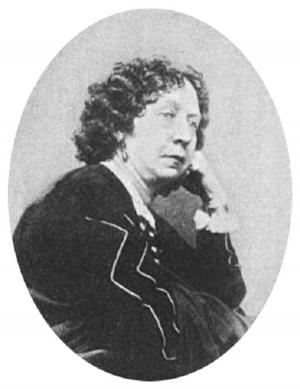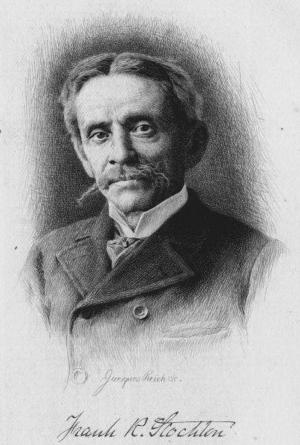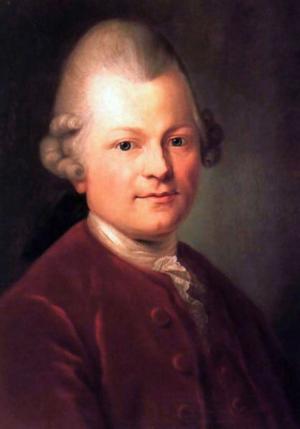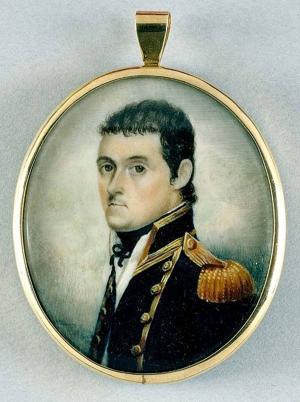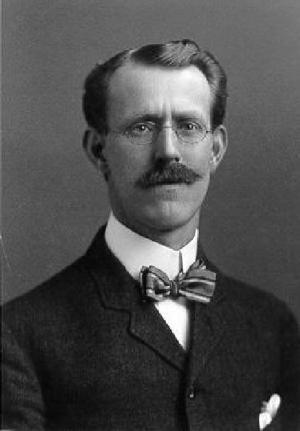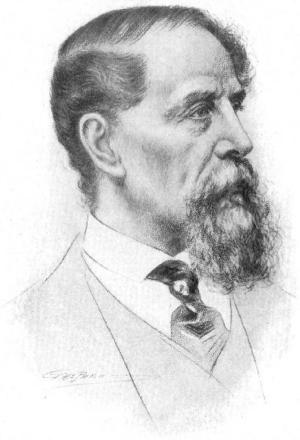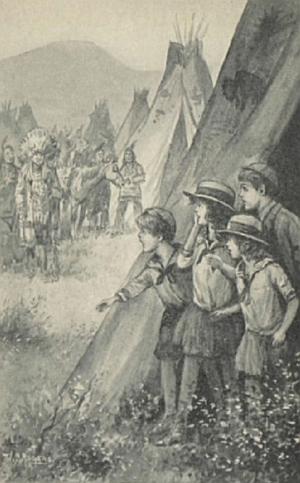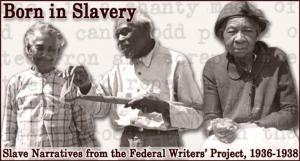World English Bible
Nonfiction, Religion & Spirituality, Bible & Bible Studies, Bibles, Other Bibles| Author: | Bible authors | ISBN: | 9781455340422 |
| Publisher: | B&R Samizdat Express | Publication: | December 15, 2009 |
| Imprint: | Language: | English |
| Author: | Bible authors |
| ISBN: | 9781455340422 |
| Publisher: | B&R Samizdat Express |
| Publication: | December 15, 2009 |
| Imprint: | |
| Language: | English |
According to Wikipedia: "The World English Bible (also known as WEB) is a public domain translation of the Bible that is currently in draft form. Work on the World English Bible began in 1997 and was known as the American Standard Version 1997. The New Testament is considered complete and is available in print. The World English Bible project was started to produce a modern English Bible version that is not copyrighted, does not use archaic English (such as the KJV), or is not translated in Basic English (such as the Bible In Basic English). The World English Bible follows the American Standard Version's decision to transliterate the Tetragrammaton, but updates "Jehovah" to be "Yahweh". It is based on the 1901 American Standard Version, the Greek Majority Text, and the Hebrew Biblia Hebraica Stuttgartensia. There are seven passes of editing and proofreading for each book. An initial automated pass updated approximately 1,000 archaic words, phrases and grammatical constructs. The first manual pass was to add quotation marks (the ASV had none) and other punctuation, and to check the translation against the Greek and Hebrew texts where there are significant textual variants or the meaning is unclear."
According to Wikipedia: "The World English Bible (also known as WEB) is a public domain translation of the Bible that is currently in draft form. Work on the World English Bible began in 1997 and was known as the American Standard Version 1997. The New Testament is considered complete and is available in print. The World English Bible project was started to produce a modern English Bible version that is not copyrighted, does not use archaic English (such as the KJV), or is not translated in Basic English (such as the Bible In Basic English). The World English Bible follows the American Standard Version's decision to transliterate the Tetragrammaton, but updates "Jehovah" to be "Yahweh". It is based on the 1901 American Standard Version, the Greek Majority Text, and the Hebrew Biblia Hebraica Stuttgartensia. There are seven passes of editing and proofreading for each book. An initial automated pass updated approximately 1,000 archaic words, phrases and grammatical constructs. The first manual pass was to add quotation marks (the ASV had none) and other punctuation, and to check the translation against the Greek and Hebrew texts where there are significant textual variants or the meaning is unclear."
